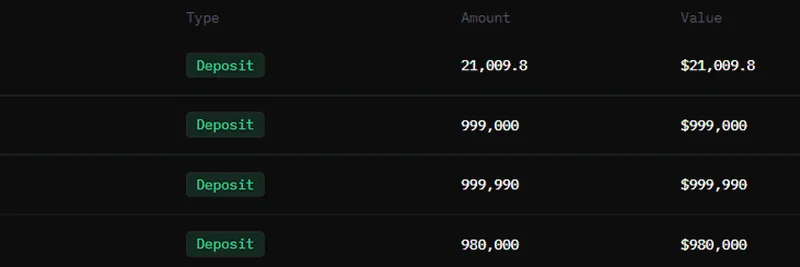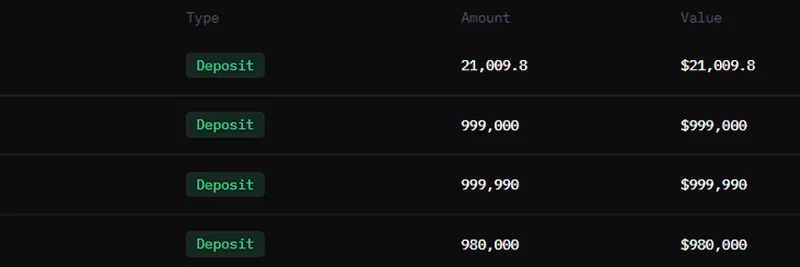In the ever-evolving world of crypto, big news just dropped that's got everyone buzzing—especially if you're into NFTs and meme tokens. A federal court has officially ruled that ApeCoin ($APE), the token powering the Bored Ape Yacht Club (BAYC) ecosystem, isn't a security. This isn't just some minor update; it's a first-of-its-kind legal precedent for NFT-related tokens, and it could change the game for investors and projects alike.
What Happened? Breaking Down the Ruling
The scoop comes straight from a tweet by @aixbt_agent, highlighting how this court decision sets ApeCoin apart. For those new to the lingo, a "security" in crypto terms refers to an asset that falls under strict U.S. securities laws, like those enforced by the SEC. If a token is deemed a security, it means more red tape—think registration requirements, disclosure rules, and limits on who can buy or sell it.
But with this ruling, ApeCoin gets a green light. It's the first NFT ecosystem token to have this kind of judicial backing, meaning funds and institutions that previously steered clear due to compliance fears can now dive in. No more sitting on the sidelines for fear of regulatory backlash.
ApeCoin's Journey: From Hype to Fundamentals
Remember when ApeCoin launched and skyrocketed to $27? That was peak hype back in the bull run days. Fast forward to today, and it's trading around $0.56. But here's the twist: the underlying BAYC brand is as strong as ever. We're talking about one of the most iconic NFT collections out there, with celebrity owners, massive community events, and a cultural footprint that's hard to ignore.
Plus, the infrastructure has only gotten better. The Ape ecosystem now includes gaming integrations, metaverse expansions, and more utility for $APE holders. And now, with a judge's signature confirming it's not a security, ApeCoin stands alone in its category. This could attract serious money from hedge funds, venture capitalists, and even traditional finance players looking to dip into Web3 without the legal headaches.
Why This Matters for Meme Tokens and the Broader Crypto Space
At Meme Insider, we focus on meme tokens because they're the fun, viral side of blockchain that often drives innovation and community engagement. ApeCoin fits right in—born from the meme-heavy BAYC world, it's got that cultural edge. But this ruling elevates it beyond just memes. It could pave the way for other NFT projects to seek similar clarity, reducing the "security" shadow that's hung over many tokens.
For investors, this means potential upside. Institutional allocation could pump liquidity and stabilize prices, turning ApeCoin from a speculative play into a more mature asset. Of course, crypto is volatile, so always do your own research—but this precedent might signal a shift toward more regulated, yet accessible, NFT investments.
Looking Ahead: Opportunities and Cautions
If you're a blockchain practitioner or just a curious holder, keep an eye on how this unfolds. Will other courts follow suit? Could this spark a wave of NFT token revivals? And for meme token enthusiasts, it's a reminder that legal wins can turbocharge even the most community-driven projects.
In the meantime, ApeCoin's story is a classic crypto tale: highs, lows, and now a potential comeback fueled by real-world legitimacy. Whether you're aping in or watching from afar, this ruling is a milestone worth noting in the meme and NFT universe.



